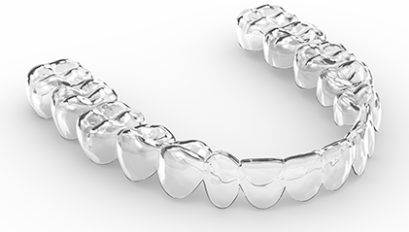The different types of dental bridge are:
- Traditional fixed-fixed bridge: this is the most popular type of dental bridge and involves connecting replacement teeth to anchoring crowns. These are then secured to the adjacent teeth.
- Cantilever bridge: this is when a false (replacement) tooth is levered off a same size tooth, or larger tooth. As only one tooth needs to be prepared, less tooth tissue is lost during the treatment process.
- Maryland dental bridge: Maryland bridges require a metal framework to support the replacement teeth. Whilst these are a weaker type of bridge, they require very little preparation compared to their counterparts.
- Implant-supported: known for being the strongest type of bridge, an implant-supported bridge uses implants instead of adjacent teeth. Dental implants are inserted directly into the jawbone, and the bridge is attached above the gum line. Implant-supported bridges are the only type of bridge which prevent jawbone loss.


















